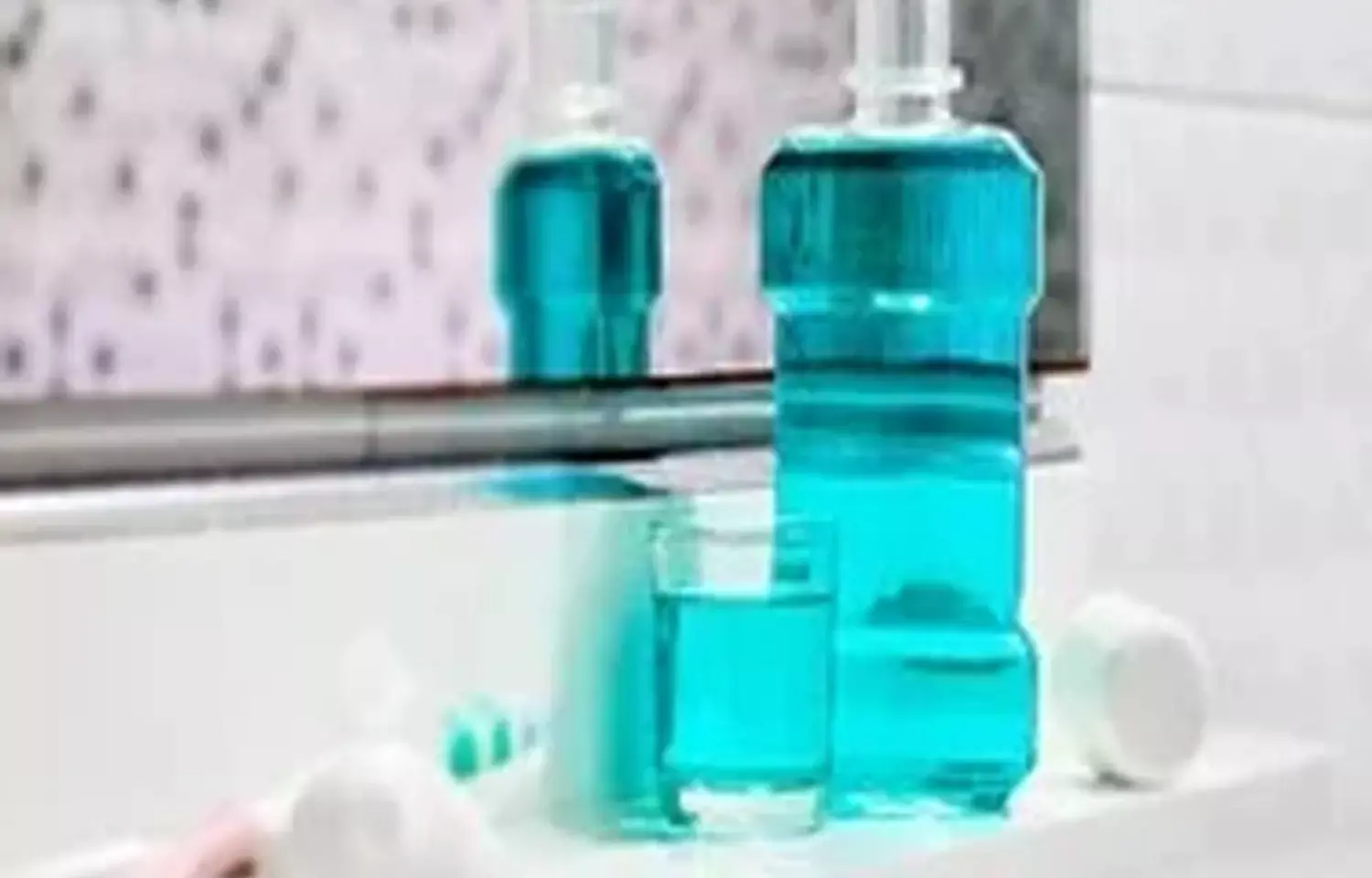- Home
- Medical news & Guidelines
- Anesthesiology
- Cardiology and CTVS
- Critical Care
- Dentistry
- Dermatology
- Diabetes and Endocrinology
- ENT
- Gastroenterology
- Medicine
- Nephrology
- Neurology
- Obstretics-Gynaecology
- Oncology
- Ophthalmology
- Orthopaedics
- Pediatrics-Neonatology
- Psychiatry
- Pulmonology
- Radiology
- Surgery
- Urology
- Laboratory Medicine
- Diet
- Nursing
- Paramedical
- Physiotherapy
- Health news
- Fact Check
- Bone Health Fact Check
- Brain Health Fact Check
- Cancer Related Fact Check
- Child Care Fact Check
- Dental and oral health fact check
- Diabetes and metabolic health fact check
- Diet and Nutrition Fact Check
- Eye and ENT Care Fact Check
- Fitness fact check
- Gut health fact check
- Heart health fact check
- Kidney health fact check
- Medical education fact check
- Men's health fact check
- Respiratory fact check
- Skin and hair care fact check
- Vaccine and Immunization fact check
- Women's health fact check
- AYUSH
- State News
- Andaman and Nicobar Islands
- Andhra Pradesh
- Arunachal Pradesh
- Assam
- Bihar
- Chandigarh
- Chattisgarh
- Dadra and Nagar Haveli
- Daman and Diu
- Delhi
- Goa
- Gujarat
- Haryana
- Himachal Pradesh
- Jammu & Kashmir
- Jharkhand
- Karnataka
- Kerala
- Ladakh
- Lakshadweep
- Madhya Pradesh
- Maharashtra
- Manipur
- Meghalaya
- Mizoram
- Nagaland
- Odisha
- Puducherry
- Punjab
- Rajasthan
- Sikkim
- Tamil Nadu
- Telangana
- Tripura
- Uttar Pradesh
- Uttrakhand
- West Bengal
- Medical Education
- Industry
Povidone iodine nasal spray, mouthwash can limit coronavirus spread: JAMA

France: Nasopharyngeal application of povidone iodine (PI) in the form of nasal spray, gargle, and mouthwash may reduce viral load in COVID-19 patients, finds a recent study in the journal JAMA Otolaryngology - Head & Neck Surgery.
Severe acute respiratory syndrome coronavirus 2 (SARS-CoV-2) is transmitted from person-to-person primarily through the aerosolization of droplets that contain contaminated nasopharyngeal secretions. With contact time as short as 15 seconds, PI solutions at concentrations as low as 0.5% can rapidly inactivate SARS-CoV-2 in vitro. Jeremy Guenezan, University Hospital of Poitiers, Poitiers, France, and colleagues investigated whether nasopharyngeal PI application could reduce the viral load of patients with nonsevere coronavirus disease 2019 (COVID-19) symptoms.
The study included outpatients (≥18 years old) who tested highly positive for SARS-CoV-2 RNA by reverse transcription-polymerase chain reaction (RT-PCR) in nasopharyngeal swabs within the previous 48 hours. It excluded patients with a history of thyroid disease.
Patients underwent an additional nasopharyngeal swab for viral quantification at baseline before were randomly assigned in the ratio 1:1 to a control group (no intervention, n = 12) or an intervention group (n = 12). Intervention consisted of 4 successive mouthwashes and gargles with 25 mL of 1% aqueous PI solution each followed by one 2.5-mL nasal pulverization of the same solution into each nostril.
The patients were then followed on day 1 and then every 2 days until day 7 for assessing the safety and efficacy of the decolonization.
Almost all (>95%) of the nasopharyngeal swabs were taken by the same skilled nurse at least 3 hours after the last PI application for quantification of viral RNA using RT-PCR, and viral titer using the dilution limit method on Vero cells and the Spearman-Karber approach with a limit of detection of 102.5 tissue culture infectious dose (TCID50) per mL. Changes in viral load over time were compared between study groups using a linear mixed model for repeated measures.
Key findings of the study include:
- All patients completed the study, and none required hospital admission.
- All patients but 1 had negative viral titer by day 3. Use of PI had no influence on changes of viral RNA quantification over time.
- Mean relative difference in viral titers between baseline and day 1 was 75% in the intervention group and 32% in the control group.
- All patients exposed to PI experienced unpleasant nasal tingling but completed the study.
- Thyroid stimulating hormone elevation (median [IQR], 3.4 mIU/L vs 2.1 mIU/L at baseline) was observed in all patients after 5 days of PI exposure, exceeding the upper normal value in 5 patients, with a return to baseline values 7 to 12 days later.
- No modification in thyroid hormone (T3, T4) or creatinine levels was observed.
"These data call for a larger clinical trial to confirm the benefit of PI in limiting the excretion and resulting human-to-human transmission of SARS-CoV-2, using lower PI concentrations to minimize adverse effects," concluded the authors.
The study titled, "Povidone Iodine Mouthwash, Gargle, and Nasal Spray to Reduce Nasopharyngeal Viral Load in Patients With COVID-19: A Randomized Clinical Trial," is published in the journal JAMA Otolaryngology - Head & Neck Surgery.
DOI: https://jamanetwork.com/journals/jamaotolaryngology/fullarticle/2775984
Dr Kamal Kant Kohli-MBBS, DTCD- a chest specialist with more than 30 years of practice and a flair for writing clinical articles, Dr Kamal Kant Kohli joined Medical Dialogues as a Chief Editor of Medical News. Besides writing articles, as an editor, he proofreads and verifies all the medical content published on Medical Dialogues including those coming from journals, studies,medical conferences,guidelines etc. Email: drkohli@medicaldialogues.in. Contact no. 011-43720751


